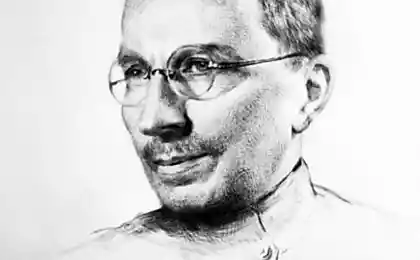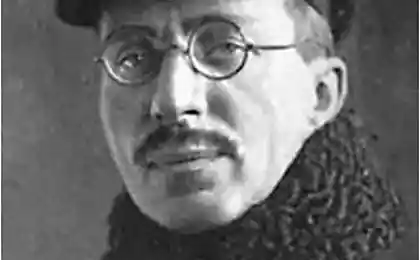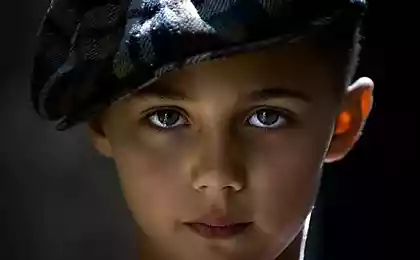151
10 Golden Rules of Education by Anton Makarenko

Anton Makarenko is one of the greatest educators not only of the USSR, but of the whole world. UNESCO, in particular, called him and Maria Montessori educators who laid the foundations of the modern concept of education.
For his time, Makarenko was an innovator and discovered things that seem obvious to us today. For example, he often said with bitterness that teachers around the world ignore love and consider it superfluous in the matter of education. Makarenko believed that it was impossible to raise a happy person without love.
We have collected the most important statements of the great teacher, psychologist and writer.
1. Your own behavior is the most important thing in education.
Do not think that you raise a child only when you talk to him, or teach him, or command him. You nurture it in every moment of your life, even when you’re not home.
How you dress, how you talk to others and about other people, how you rejoice or grieve, how you treat friends or enemies, how you laugh, read the newspaper – all these are of great importance to the child. The slightest changes in tone the child sees or feels, all the turns of your thought reach him in invisible ways, you do not notice them.
If at home you are rude, or boastful, or drunk, or worse, if you insult the mother, you do not need to think about parenting: you are already raising your children and raising poorly, and no best advice and methods will help you.
2. Raising children requires the most serious tone, the simplest and sincere.
These three qualities must be the ultimate truth of your life. And seriousness does not mean that you should always be inflated, pompous. Be sincere, let your mood correspond to the moment and essence of what is happening in your family.
3. Every father and mother should have a good idea of what they want to bring up in their child.
You need to be clear about your own parental desires. Think carefully about this question, and you will immediately see many mistakes you have made, and many right ways ahead.
4. You need to know what you are doing, where you are and who is surrounding your child.
But you must give him the freedom he needs so that he is not only under your personal influence, but under the many different influences of life. You must develop the child’s ability to deal with alien and harmful people and circumstances, to deal with them, to recognize them in a timely manner. In greenhouse education, in isolated incubation, this cannot be worked out.
5. Educational work is primarily the work of the organizer.
There's no detail in this case. There's nothing in education. A good organization is that it does not overlook the smallest details and cases. Little things work regularly, daily, hourly, from them life is formed.
Education does not require a lot of time, but a reasonable use of small time.
6. Do not force your help, but always be ready to help.
Parental help should not be intrusive, annoying, tedious. In some cases, it is absolutely necessary to allow the child to get out of the difficulty himself, it is necessary that he gets used to overcoming obstacles and solving more complex issues.
But one should always see a child perform an operation, one should not allow him to become confused and despair. Sometimes you even need your child to see your alertness, attention and trust in his strength.
7. Do not pay or punish for the results of work.
I strongly do not recommend any reward or punishment in the field of work. The work task and its solution should in themselves give the child such satisfaction that he experiences joy. Recognizing his work as a good job should be the best reward for his work. The same reward will be your approval of his ingenuity, his resourcefulness, his ways of working.
But even with such verbal approval, you should never abuse, especially not praise the child for the work done in the presence of your friends and acquaintances. You should not be punished for bad work or for work not done. The most important thing in this case is to ensure that it is still implemented.
8. It is impossible to teach a child to love without the education of human dignity.
To teach to love, to teach to know love, to teach to be happy is to teach to respect oneself, to teach human dignity.
9. Never sacrifice yourself to a child.
They say, “We, mother and father, give everything to the child, sacrifice everything to him, including his own happiness.” This is the worst gift a parent can give a child.
It is such a terrible gift that it is recommended that if you want to poison your child, give him a drink in a large dose of your own happiness and he will be poisoned.
10. You cannot teach a person to be happy, but you can educate him so that he is happy.
And finally, a wonderful quote from the master:
Love is the greatest feeling that works miracles, that creates new people and creates the greatest human values.
Sport in Belarus: 100 types, 23 thousand objects, 280 champions
Anastasia Kostenko shared with fans the good news, he and Dmitry Tarasov are waiting for the fifth child























